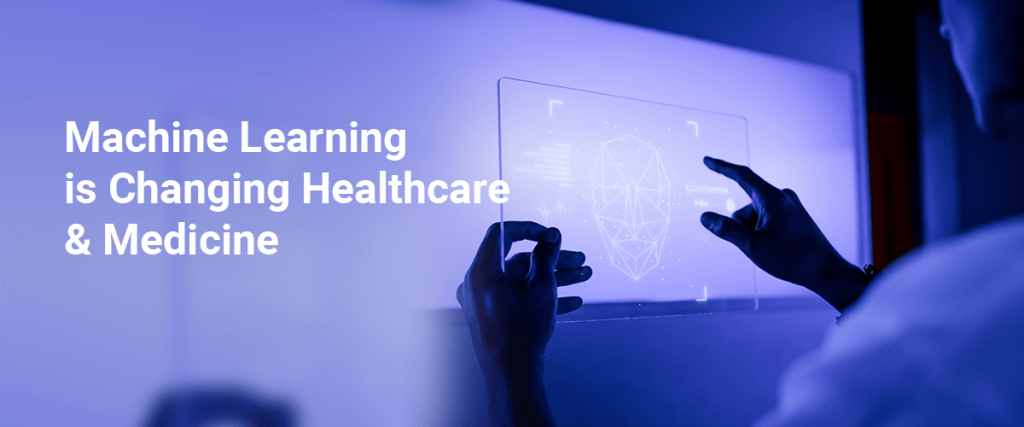
Healthcare is an industry that can greatly benefit from the use of machine learning (ML) technology. MLOps, a combination of machine learning and operations, is a relatively new concept that is gaining popularity in the healthcare industry. In this article, we will explore the various use cases of MLOps in healthcare.
Introduction
MLOps is the process of deploying and managing machine learning models in production environments. It involves automating the entire machine learning pipeline, from data preparation to model deployment and monitoring. By using MLOps, healthcare organizations can improve patient outcomes, reduce costs, and increase operational efficiency.
Use Cases of MLOps in Healthcare
Disease Diagnosis
One of the most promising use cases of MLOps in healthcare is disease diagnosis. By analyzing patient data and medical records, machine learning models can help doctors diagnose diseases more accurately and quickly. For example, a machine learning model can analyze a patient’s medical records and predict the likelihood of a heart attack. This can help doctors make more informed decisions and provide better care to their patients.
Drug Discovery

Another use case of MLOps in healthcare is drug discovery. Machine learning models can analyze vast amounts of data and identify potential drug candidates. This can significantly reduce the time and cost of drug development, as well as improve the effectiveness of drugs.
Medical Imaging
Medical imaging is another area where MLOps can be applied. Machine learning models can analyze medical images, such as X-rays and MRIs, to identify abnormalities and diagnose diseases. This can help doctors make more accurate diagnoses and improve patient outcomes.
Personalized Medicine
Personalized medicine is a growing field in healthcare, and MLOps can play a significant role in its development. By analyzing patient data, machine learning models can help doctors tailor treatments to individual patients. This can improve the effectiveness of treatments and reduce the risk of adverse side effects.
Predictive Analytics
Predictive analytics is another use case of MLOps in healthcare. By analyzing patient data, machine learning models can predict the likelihood of future health events, such as hospitalizations and readmissions. This can help healthcare organizations better manage their resources and provide better care to their patients.
Conclusion
MLOps is a powerful tool that can help healthcare organizations improve patient outcomes, reduce costs, and increase operational efficiency. By leveraging machine learning technology, healthcare organizations can diagnose diseases more accurately, discover new drugs more quickly, and provide personalized treatments to their patients. As the healthcare industry continues to evolve, MLOps will play an increasingly important role in shaping its future.